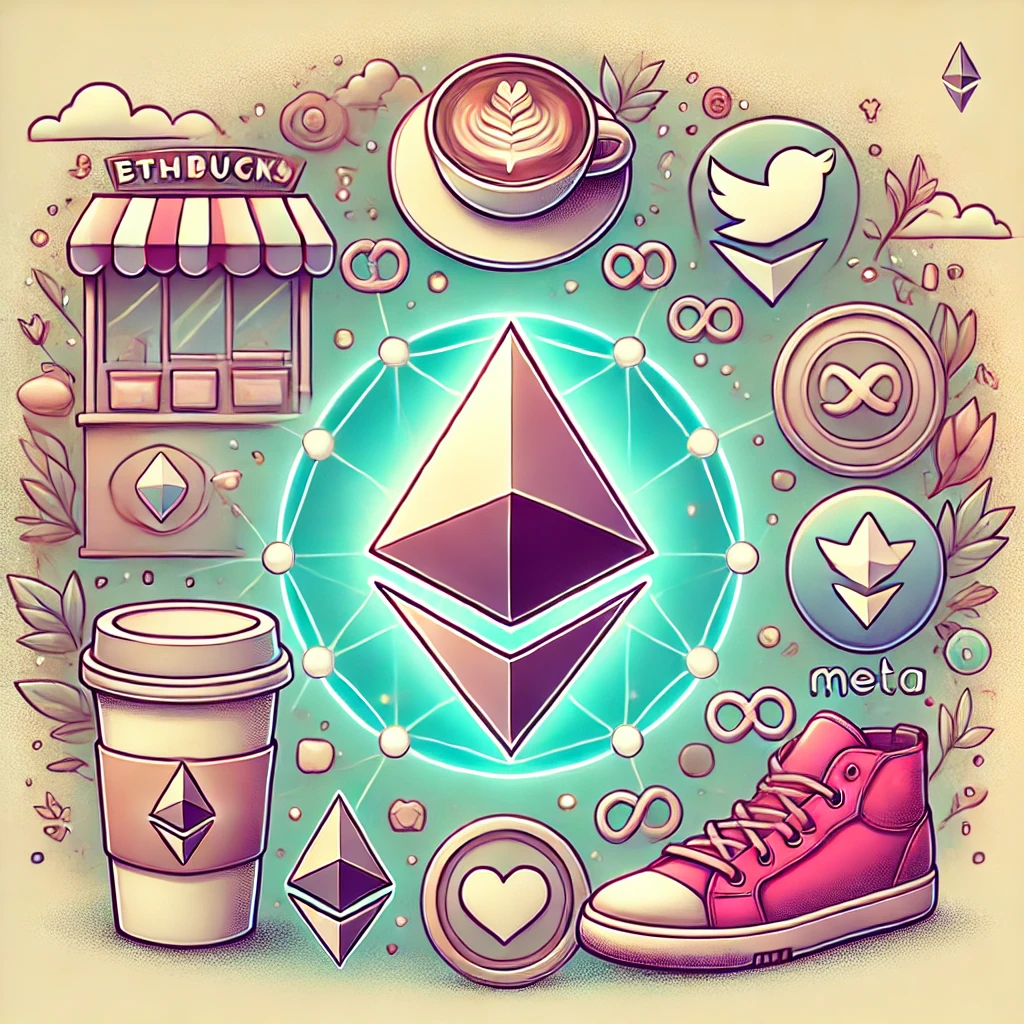
Revolutionary Web3 Surge: Storied Brands Embrace Disruption
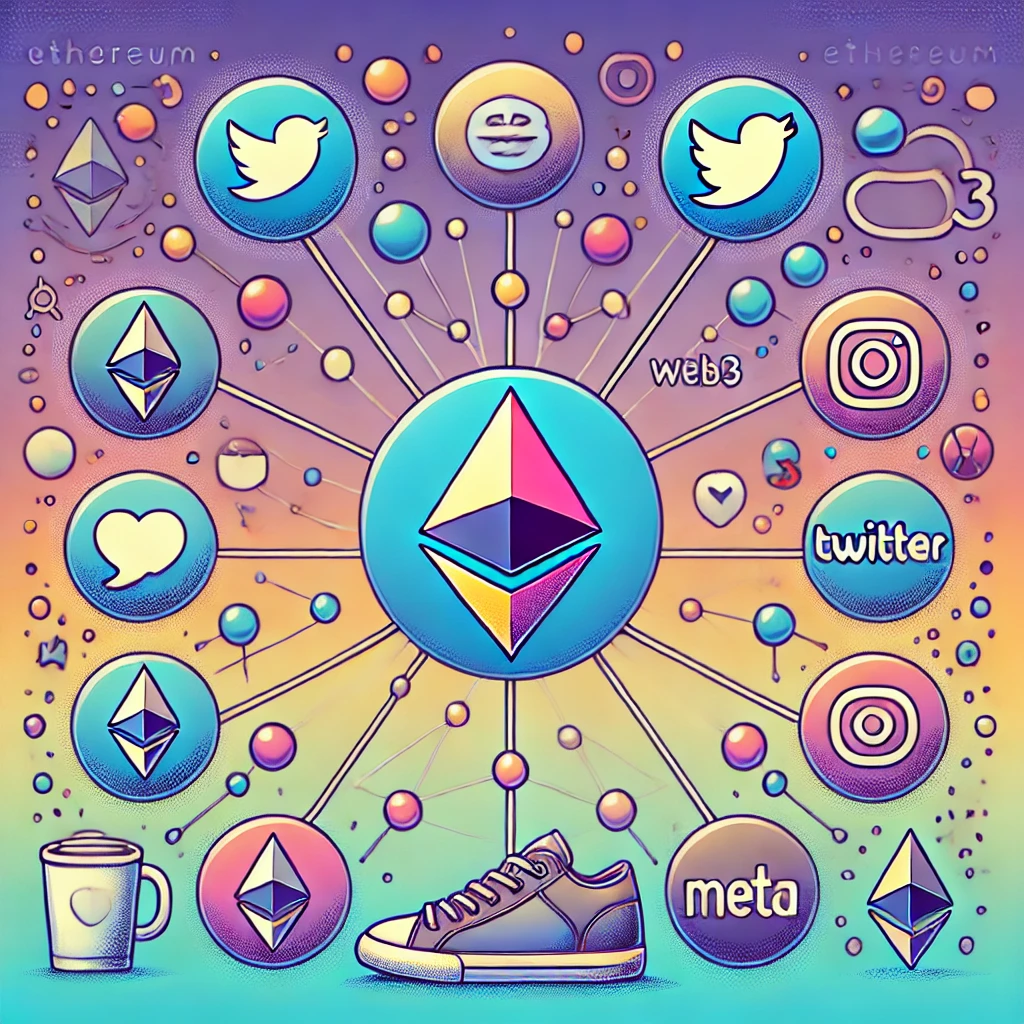
The transition from Web2 to Web3 is gaining momentum as more companies integrate Web3 technology into their business models. This shift aims to provide new and immersive experiences for consumers while increasing engagement and brand loyalty. This article explores how traditional brands are entering the Web3 space and leveraging its advantages.
Article Summary
Web3 technology enhances transparency, security, and customer engagement, creating stronger brand-consumer relationships.
Loyalty programs are evolving through interoperability, gamification, and smart contract automation, ensuring seamless reward distribution.
Major brands like Visa, Gucci, Nike, Starbucks, and Tiffany & Co. have incorporated Web3 innovations, demonstrating the growing significance of decentralized technology.
The integration of Web3 by leading companies highlights its potential in reshaping consumer engagement and loyalty programs in the digital era.
Why Are Leading Brands Entering Web3?
Innovation and adaptation are essential for companies looking to retain and grow their customer base. Web3 technology offers a new digital frontier that allows brands to enhance consumer interaction, improve security, and revolutionize loyalty programs. The key benefits of Web3 adoption include:
1. Decentralization & Transparency
Web3 operates on decentralized networks, eliminating third-party control over user data. This provides greater transparency in marketing, prevents fraudulent ads, and enhances consumer trust.
2. Immersive Customer Experiences
By leveraging metaverse and blockchain technology, brands can offer unique digital experiences, such as virtual shopping spaces, exclusive NFT-based memberships, and digital collectibles.
3. Micropayments & Monetization
Web3 supports efficient micropayments through cryptocurrencies and tokens, allowing brands to implement new pay-per-use models for content, services, and products.
4. Digital Ownership & User Empowerment
Blockchain enables users to own their data, digital identities, and assets, giving them more control over their online experiences while allowing brands to create new monetization strategies.
5. Strengthening Communities
Decentralized social networks and Web3-powered communities foster stronger connections between brands and their customers, creating more loyal and engaged consumer bases.
With these benefits, Web3 adoption allows companies to innovate beyond traditional marketing models while offering more value to their customers.
How Web3 Technology Is Enhancing Loyalty Programs
Web3 is redefining customer loyalty programs, offering more flexible, rewarding, and transparent engagement models. Here are some ways Web3 is revolutionizing loyalty strategies:
1. Interoperability & Cross-Platform Rewards
Unlike traditional loyalty points, which are often restricted to a single platform, Web3 allows brands to create tokenized rewards that can be transferred, traded, and used across different services and platforms.
2. Gamification & Customer Engagement
Web3 gamifies loyalty programs through NFTs, quests, and blockchain-based challenges. Customers can earn rewards by engaging in interactive activities, increasing brand interaction.
3. Automated Rewards via Smart Contracts
With smart contracts, rewards and incentives can be automatically distributed based on specific customer behaviors or milestones, eliminating manual processes and ensuring fair and transparent rewards.
These advancements significantly enhance customer retention, fostering deeper brand loyalty in a decentralized and digital-first economy.
Which Web2 Brands Are Adopting Web3?
Several high-profile companies have already embraced Web3 technologies, demonstrating the vast potential of decentralized systems in business. Here’s how some of the biggest brands are integrating Web3 into their business strategies:
Visa: Web3-Powered Loyalty Rewards
Visa partnered with ShopNEXT to launch a Web3 Loyalty Platform, integrating Visa’s Offer Platform with blockchain technology. Users can link their Visa cards to earn crypto rewards while shopping. Additionally, ShopNEXT incorporates NFTs and in-app games to enhance user engagement.

Tiffany & Co: Exclusive NFT-Based Access
The luxury jewelry brand Tiffany & Co. introduced token-gated access for CryptoPunks NFT holders. In August 2022, CryptoPunk owners were given the opportunity to purchase Tiffany & Co. CryptoPunk pendants for 30 ETH each.
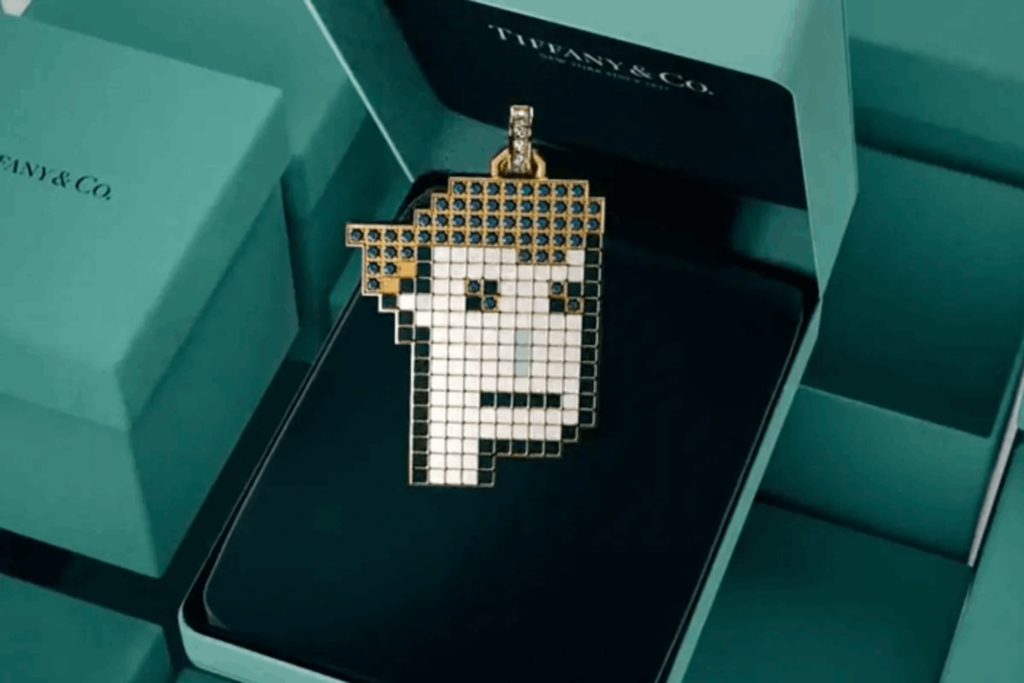
Gucci: Digital Fashion & NFT Art
Gucci has embraced Web3 through its NFT partnership with SuperRare, launching The Next 100 Years of Gucci collection. Additionally, Gucci Town in the Roblox Metaverse allows users to experience virtual Gucci products and make digital purchases.

Nike: Building Virtual Sports in Web3
Nike launched NIKELAND, a metaverse-based sports platform, where users can earn tokens for digital apparel. Since its launch, NIKELAND has attracted 6.7 million players from 224 countries. Additionally, Nike has partnered with EA Sports and Epic Games to integrate NFTs into gaming experiences.
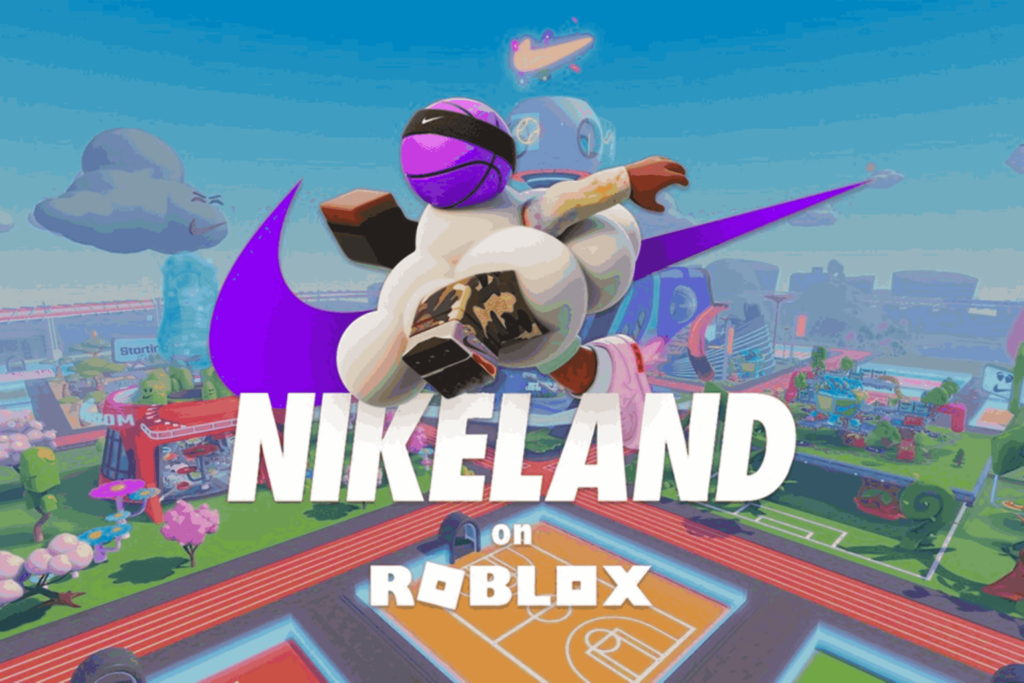
Starbucks: NFT-Driven Loyalty Programs
Starbucks introduced Starbucks Odyssey, a Web3-based rewards system leveraging blockchain and NFTs. The company sold several NFT editions, generating $143,000 in sales. Starbucks Odyssey runs on Polygon’s Proof-of-Stake (PoS) blockchain, allowing customers to earn “Journey Stamps” (NFTs) through interactive brand engagement.
These brands illustrate how Web3 enables innovation in digital engagement, allowing companies to enhance customer loyalty and create new revenue streams.
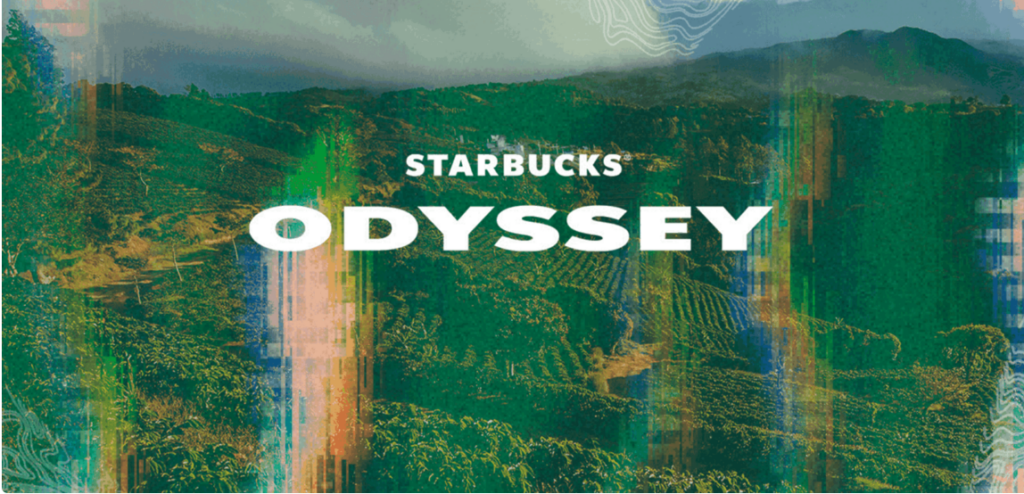
Conclusion
The adoption of Web3 by leading brands demonstrates its transformative impact on business and consumer engagement. Decentralized technology is paving the way for greater transparency, ownership, and innovation, allowing companies to redefine customer relationships.
By leveraging interoperability, gamification, and automated smart contracts, Web3-powered loyalty programs are more engaging and rewarding than ever before. The success of brands like Visa, Nike, Starbucks, Gucci, and Tiffany & Co. showcases how decentralized systems are reshaping customer interactions.
As businesses continue to explore Web3’s potential, companies that embrace this evolution will gain a competitive edge in the digital economy.
Learn more knowledge of crypto through various articles on Safubit Academy. All articles on Safubit Academy are created for educational and informational purposes only and are not intended as financial advice.
Don’t forget to follow our social media:
X : https://x.com/safubit
Medium : https://medium.com/@safubit.exchange


 February 4, 2025
February 4, 2025